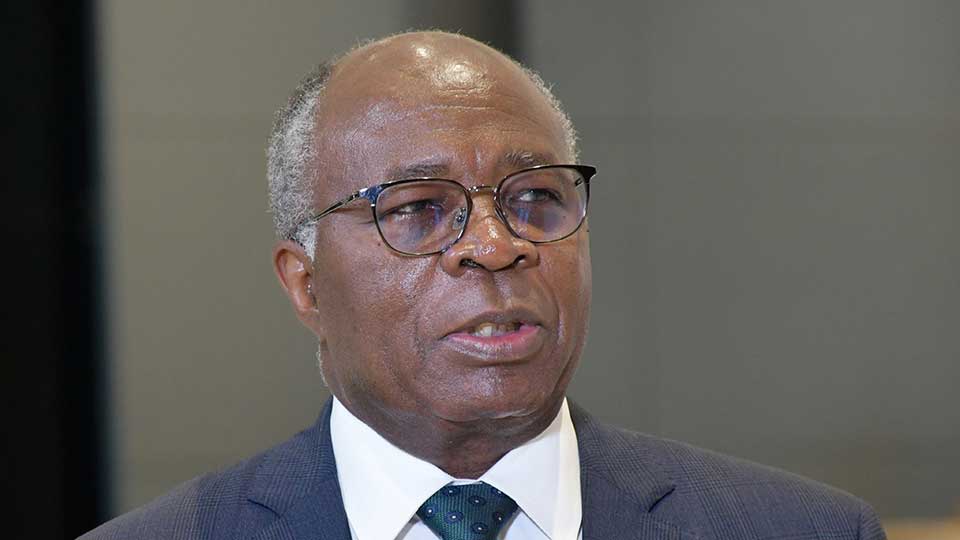Finance Minister Dr. Situmbeko Musokotwane has highlighted the critical role played by recent financial disbursements from the International Monetary Fund (IMF) and the African Development Bank Group (AfDB) in ensuring Zambia’s 2024 budget is fully funded.
On Tuesday, the IMF approved the fourth review of Zambia’s 38-month Extended Credit Facility (ECF) arrangement, leading to the release of US$184 million (K5.1 billion). This was followed by the AfDB’s $108 million loan, collectively providing significant financial relief.
Budget Shortfall Avoided
Speaking during an interview on Wednesday, Dr. Musokotwane stressed that without these funds, the 2024 budget would have faced a funding shortfall.
“It follows that if this money did not come through, then it means that the 2024 budget would not have been fully funded. There are items that we had not fully funded, but this support ensures critical programs will proceed,” he said.
The minister emphasized the importance of these funds in maintaining Zambia’s fiscal stability and advancing developmental goals.
IMF’s Support in Focus
The IMF’s disbursement is part of a broader 38-month ECF arrangement designed to restore Zambia’s debt sustainability and promote economic growth. The $184 million tranche brings total disbursements under the program to over $900 million since its inception.
IMF Managing Director Kristalina Georgieva reiterated the institution’s commitment to supporting Zambia’s reform agenda. She praised the country’s progress in implementing fiscal and economic reforms despite challenging global conditions.
AfDB Loan Complements Efforts
The $108 million loan from the AfDB further boosts Zambia’s ability to meet its budgetary commitments. This funding aims to support infrastructure development, social programs, and other key initiatives to drive economic recovery and growth.
Economic Recovery in Sight
The combined financial assistance from the IMF and AfDB is expected to enhance Zambia’s ability to invest in critical sectors, address budgetary gaps, and reduce reliance on domestic borrowing.
Dr. Musokotwane reaffirmed the government’s commitment to maintaining transparency and accountability in managing these funds. “We remain committed to ensuring every kwacha is spent effectively to benefit the Zambian people,” he added.
These financial inflows come as Zambia continues to negotiate debt restructuring agreements with creditors. The successful implementation of these reforms will be crucial for long-term economic stability and restoring investor confidence.
As Zambia navigates its recovery path, international support through institutions like the IMF and AfDB remains pivotal in bridging fiscal gaps and laying the groundwork for sustainable growth.






